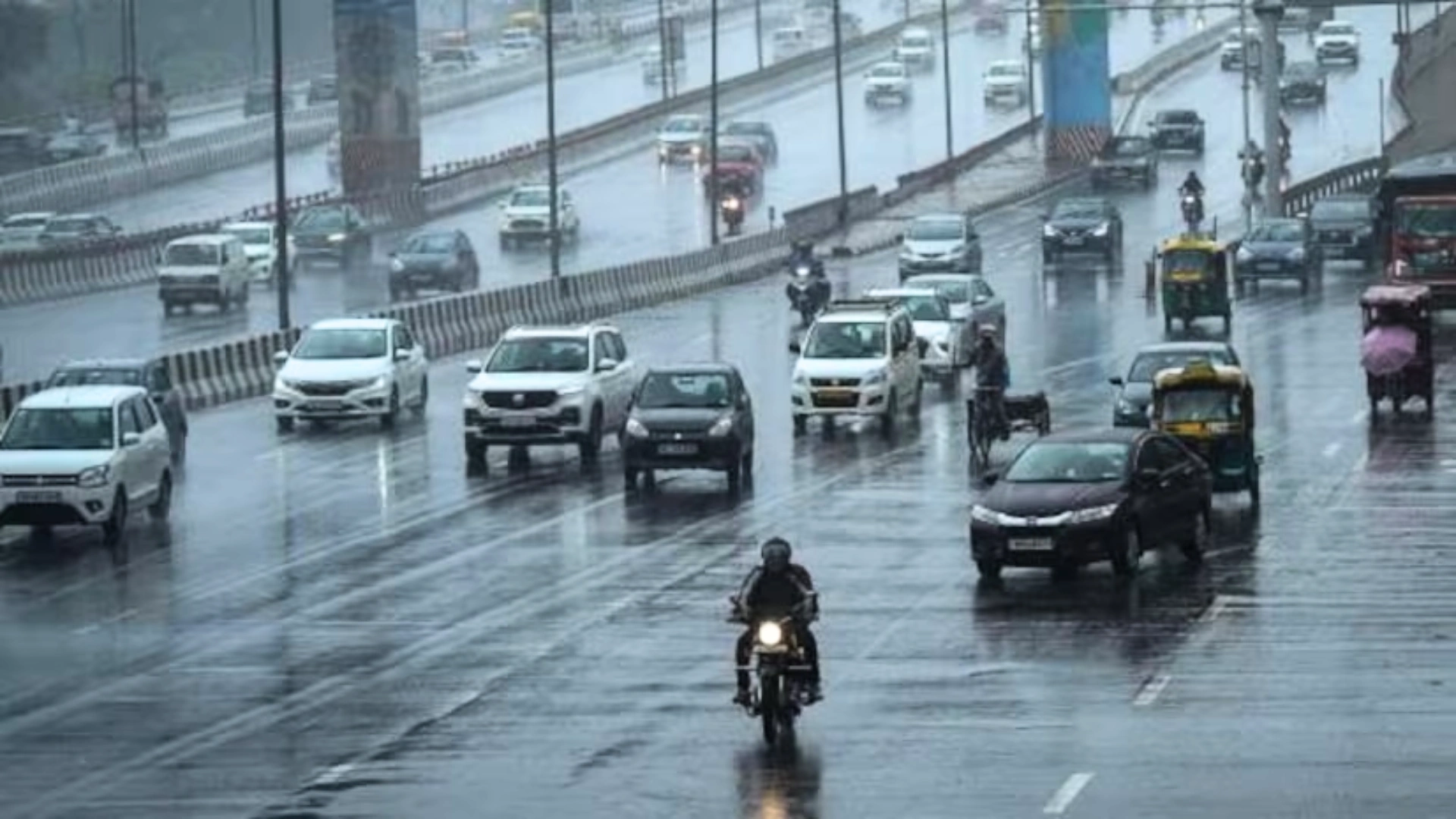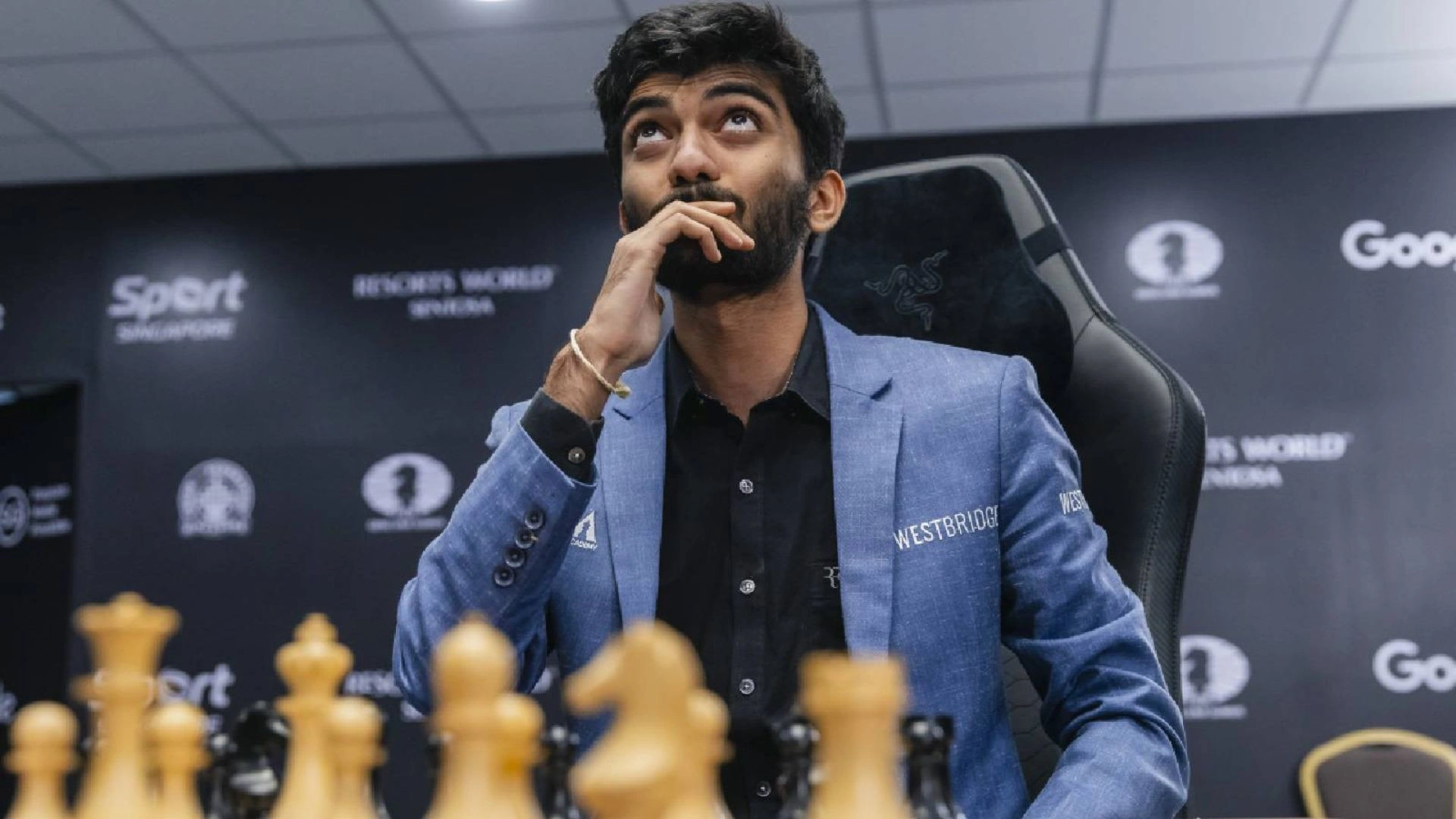Prime Minister KP Oli has said that Nepal’s relations with India won’t deteriorate just because its Prime Minister is visiting China first.
He emphasized that unlike in Islam, where followers visit Delhi’s Hazrat Nizamuddin before going to Ajmer Sharif Dargah, politics doesn’t follow such a rule. He used Nizamuddin and Ajmer as symbolic references for India and China.
‘Sovereign country has the freedom to visit wherever it finds convenient’
Speaking on the second day of the Kantipur Conclave-2024 organized by Kantipur Media Group in Kathmandu, during the concluding session titled “Dialogue with the Prime Minister,” Prime Minister Oli stated that a sovereign country has the freedom to visit wherever it finds convenient.
“Islam has a holy site, Ajmer Sharif Dargah, and it’s said that one must visit Nizamuddin in Delhi before going there,” Oli said. “In politics, I don’t know which is Nizamuddin and which is Ajmer.” Jokingly, he added that since he recently returned from the United States after attending the United Nations General Assembly, the US should not be considered as Nizamuddin either.
PM KP Oli Cites Islamic Shrines Example
“We don’t have any Nizamuddin or Ajmer,” he said. “We have two great, vast neighbors, and we must maintain good relations with both. Visiting China doesn’t harm relations with India; there’s no reason it should.” He mentioned that he met Indian Prime Minister Narendra Modi, China’s Foreign Minister, and several other representatives in the US. Oli remarked that neighbors shouldn’t be treated like “YouTube,” where minor issues lead to anger and overreactions, and he emphasized that Nepal’s ties with its neighbors are deep and rooted in ancient history
PM KP Oli to visit China
Nepal’s Prime Minister KP Oli is set to embark on an official visit to China in early December, signaling a desire to strengthen relations with the northern neighbor and possibly recalibrate Nepal’s traditionally India-focused foreign policy.
Typically, Nepal’s newly appointed leaders make their first international visit to India. However, Oli did not receive the customary invitation from New Delhi that usually follows the formation of a new government.
Oli took office in July, forming a coalition government between his Communist Party of Nepal (Unified Marxist-Leninist) and the Nepali Congress, after his predecessor, Pushpa Kamal Dahal (known as Prachanda), lost a confidence vote in parliament.


















